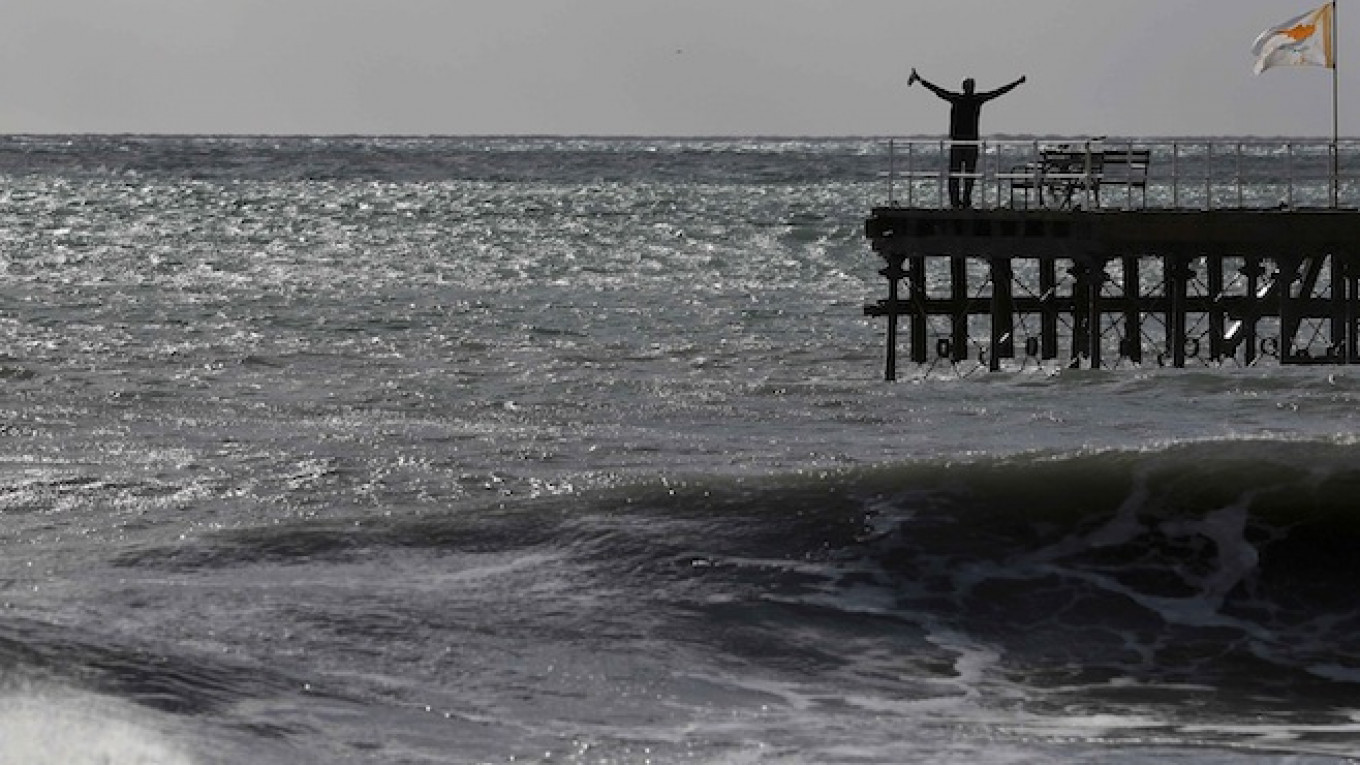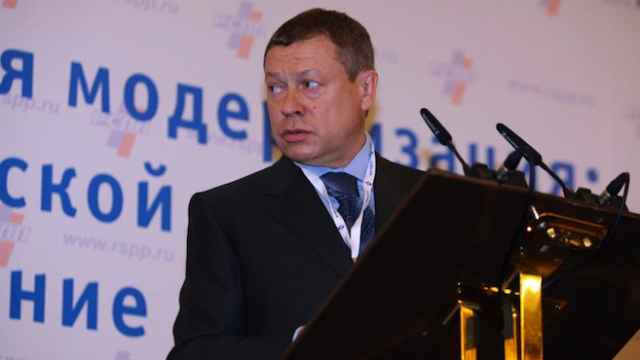The number of tourists visiting Cyprus rose 1.5 percent in 2014, recovering after falling in 2013 but capped by a sharp drop in Russian visitors late in the year, official data showed Monday.
The Mediterranean island relies on Russia for more visitors than from any other country except Britain. But Russians were hit by a steep decline in the ruble and other economic problems late last year and their numbers fell 12.5 percent in December from a year earlier, the data showed, after dropping 25 percent in November.
Local tourism industry experts expect a 15 to 20 percent drop in Russian arrivals this year, potentially affecting Cyprus' ability to pull out of a recession that began in mid-2011.
Tourism accounts for about 11 percent of Cyprus's national output.
Cyprus welcomed 2.44 million visitors last year, the Cypriot department of statistics said. That was up from 2.40 million in 2013 when arrivals fell by 2.4 percent as the euro-zone member faced a banking crisis and was forced to seek an EU/IMF bailout.
A Message from The Moscow Times:
Dear readers,
We are facing unprecedented challenges. Russia's Prosecutor General's Office has designated The Moscow Times as an "undesirable" organization, criminalizing our work and putting our staff at risk of prosecution. This follows our earlier unjust labeling as a "foreign agent."
These actions are direct attempts to silence independent journalism in Russia. The authorities claim our work "discredits the decisions of the Russian leadership." We see things differently: we strive to provide accurate, unbiased reporting on Russia.
We, the journalists of The Moscow Times, refuse to be silenced. But to continue our work, we need your help.
Your support, no matter how small, makes a world of difference. If you can, please support us monthly starting from just $2. It's quick to set up, and every contribution makes a significant impact.
By supporting The Moscow Times, you're defending open, independent journalism in the face of repression. Thank you for standing with us.
Remind me later.





